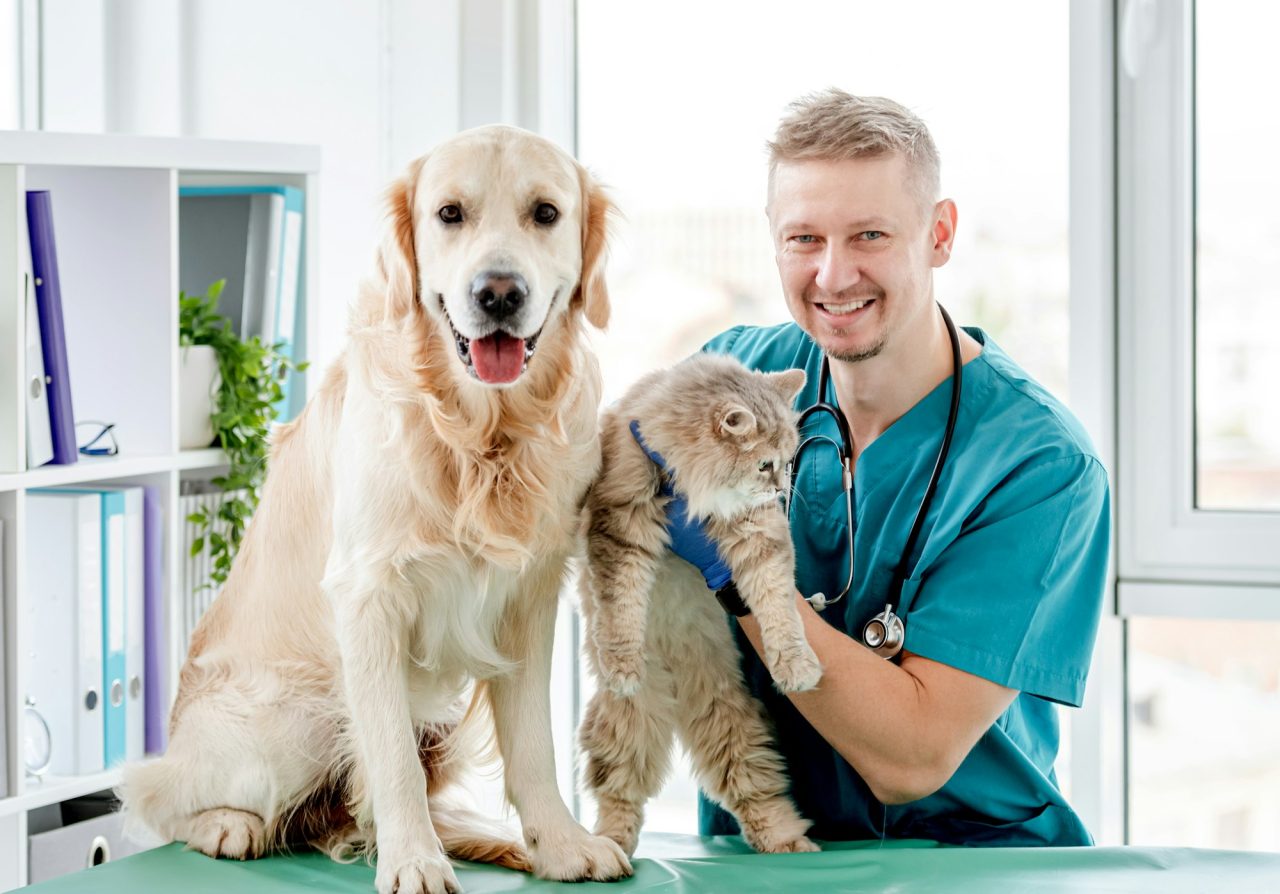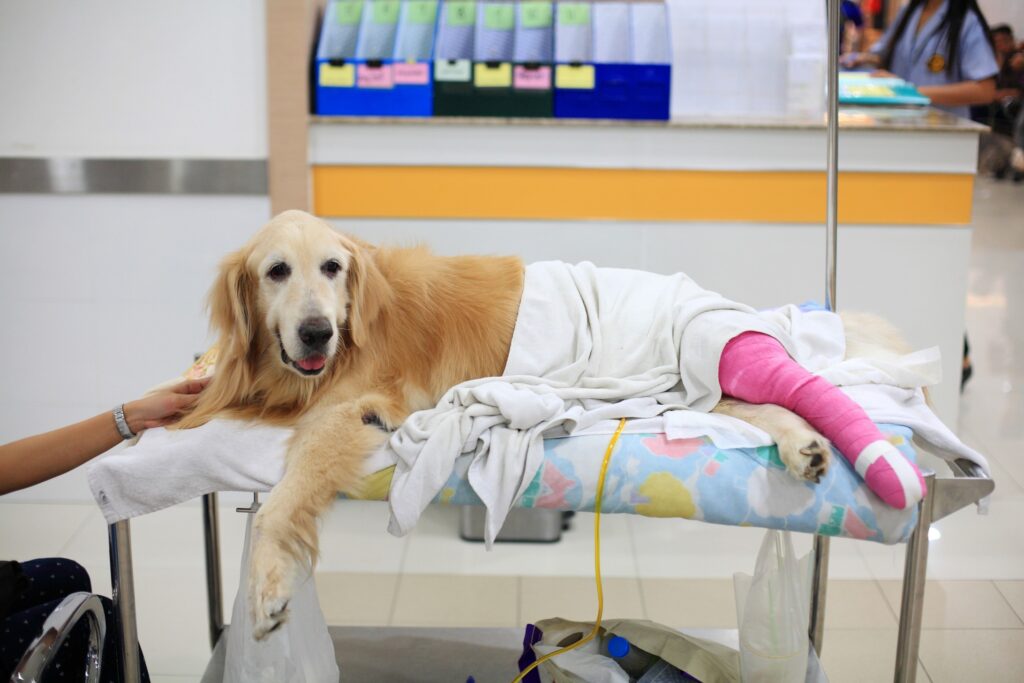Before your pet has surgery, your vet will likely perform pre-surgery tests. Blood work is typically the main component. Your vet will check for any health issues that could impact the surgery.
The veterinarian will also begin monitoring your pet’s oxygen level and heart rate. This continues throughout the surgery and during the recovery period.


